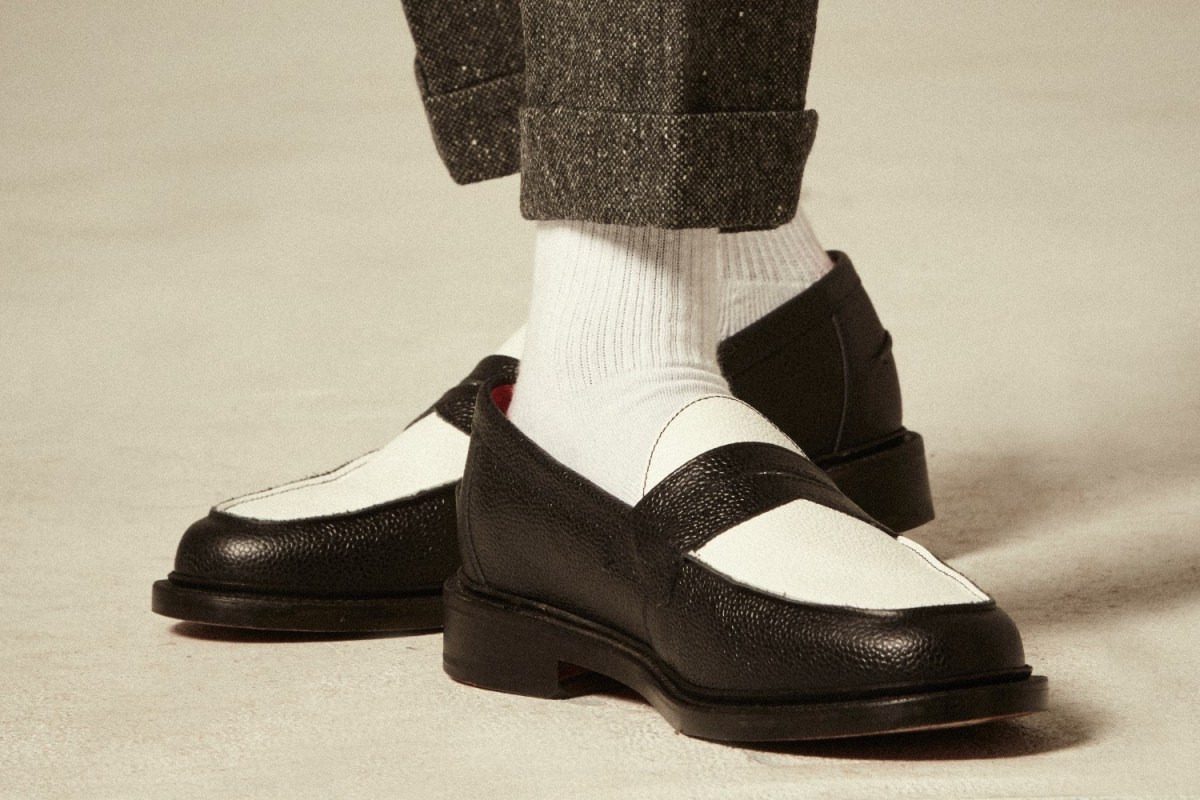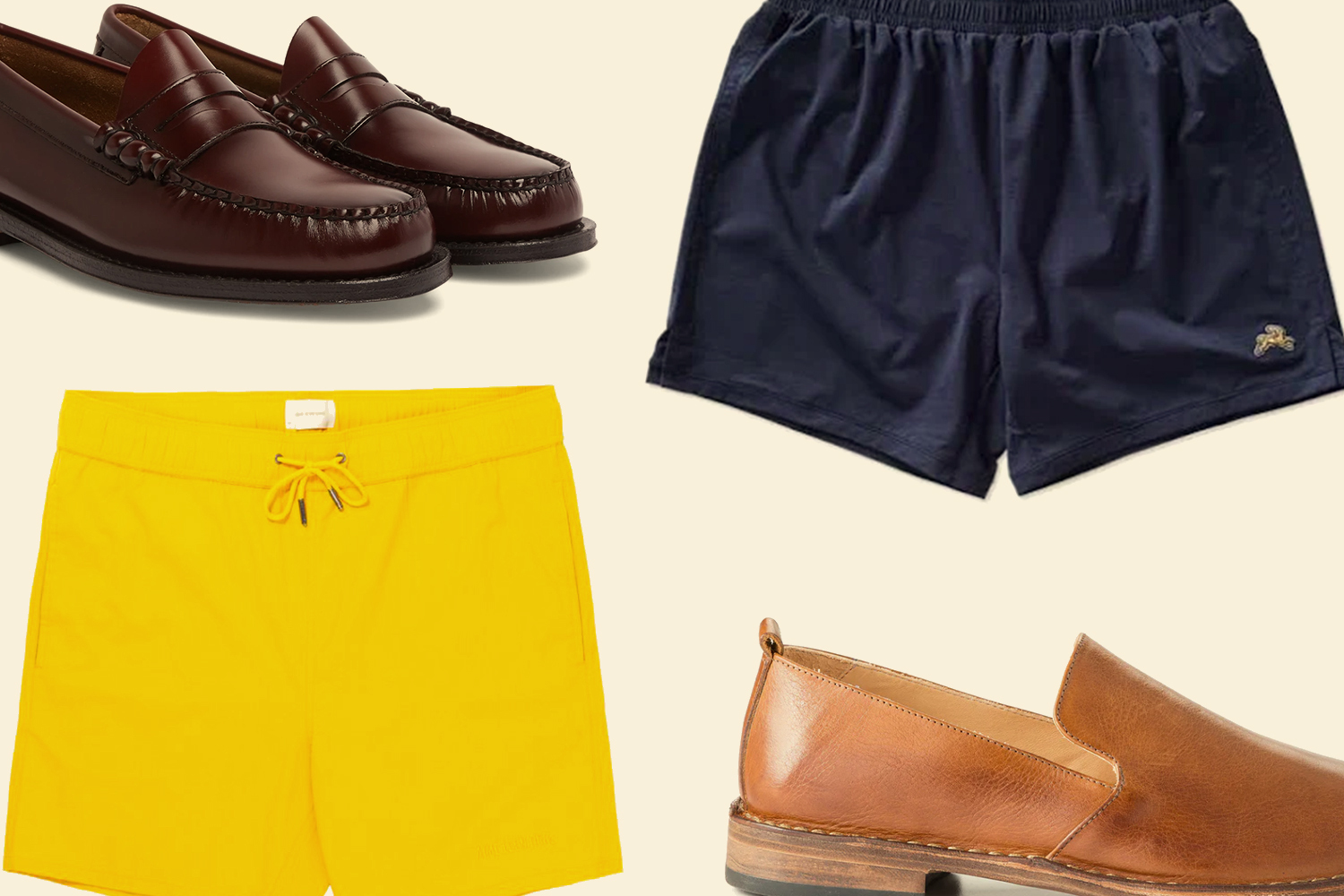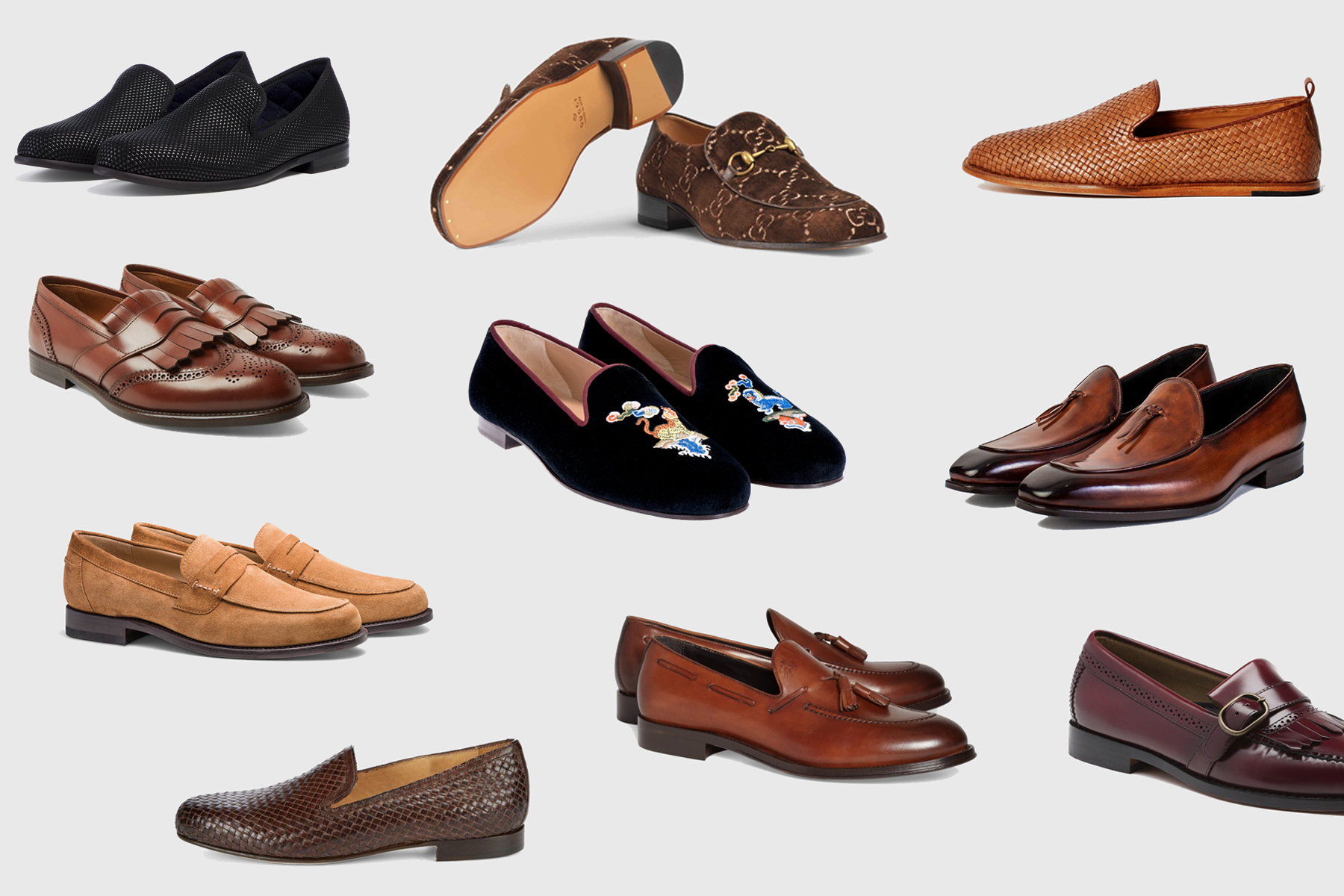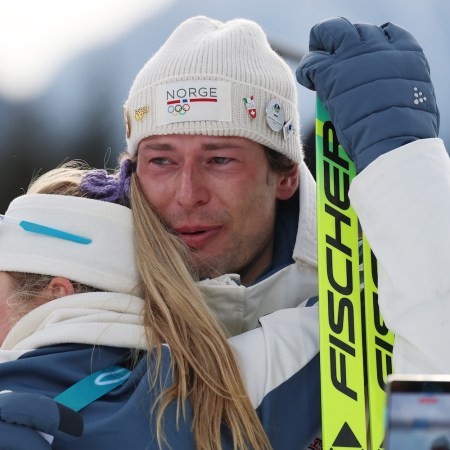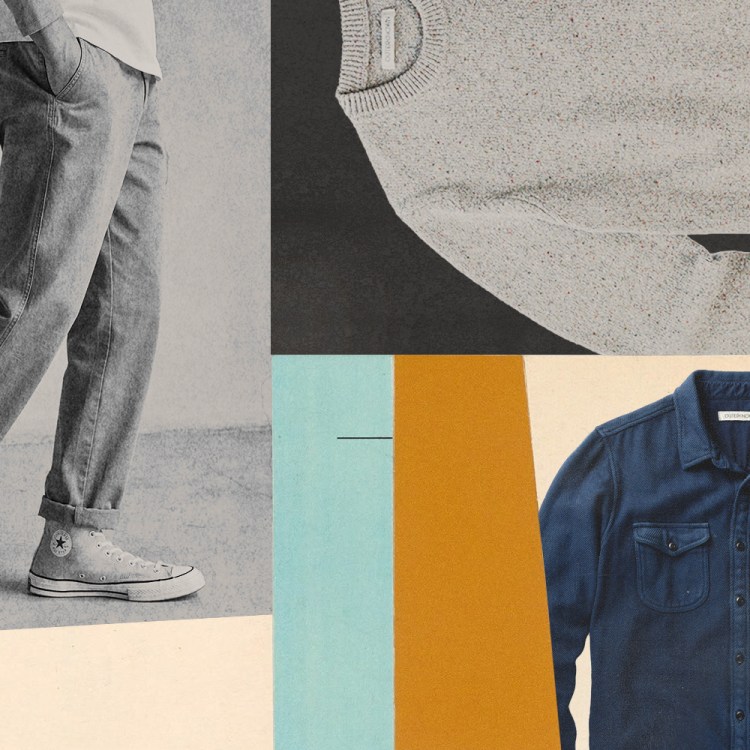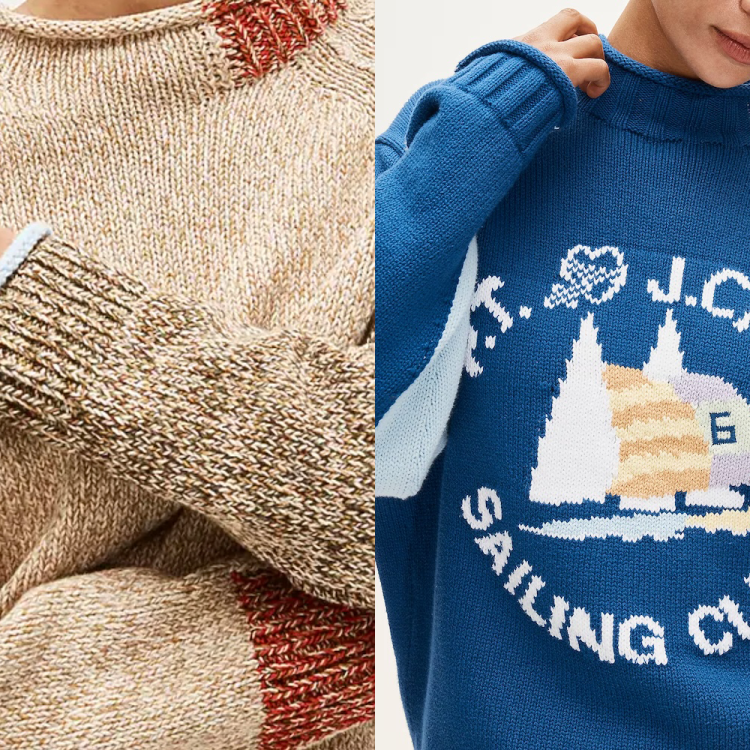At 31, Chris Echevarria is already a fashion industry veteran with many lives lived. His CV reads like a storybook version of the American Dream. While getting his degree at FIT he also worked in retail, eventually landing what he recognized as “a really good gig” as a salesperson at the J. Crew Liquor Store. For those unfamiliar with the store, it was, at the time, a move away from the traditional prep aesthetic J. Crew was known for and toward a grittier, more tailored downtown vibe. It was located in an old bar in TriBeCa and quickly became an influential force in American menswear.
During Echevarria’s time there, he developed a relationship with CEO Mickey Drexler, who often stopped by the store and asked Echevarria about his fits, which at the time included brands like Engineered Garments — brands that the Liquor Store stocked thanks to their then-revolutionary In Good Company Program, an initiative to sell (as well as collaborate with) other labels alongside their own. Echevarria’s suggestions to Drexler would often end up on the racks, and he soon became an integral contributor to the program.
Later Echevarria got a job as a trend forecaster. There, he traveled the world collecting information and products before distilling all of that info into reports that were used by more than 5,000 companies to plan out their upcoming seasons. Then he took a break and went to live in Mexico City on an extended sabbatical, as he puts it.
Eventually he got a call from a friend who worked at a prestigious SoHo showroom that brought lesser-known European and Japanese brands across the pond. His first project: the beloved Italian brand Stone Island, which quickly became one of the most sought-after names in streetwear.
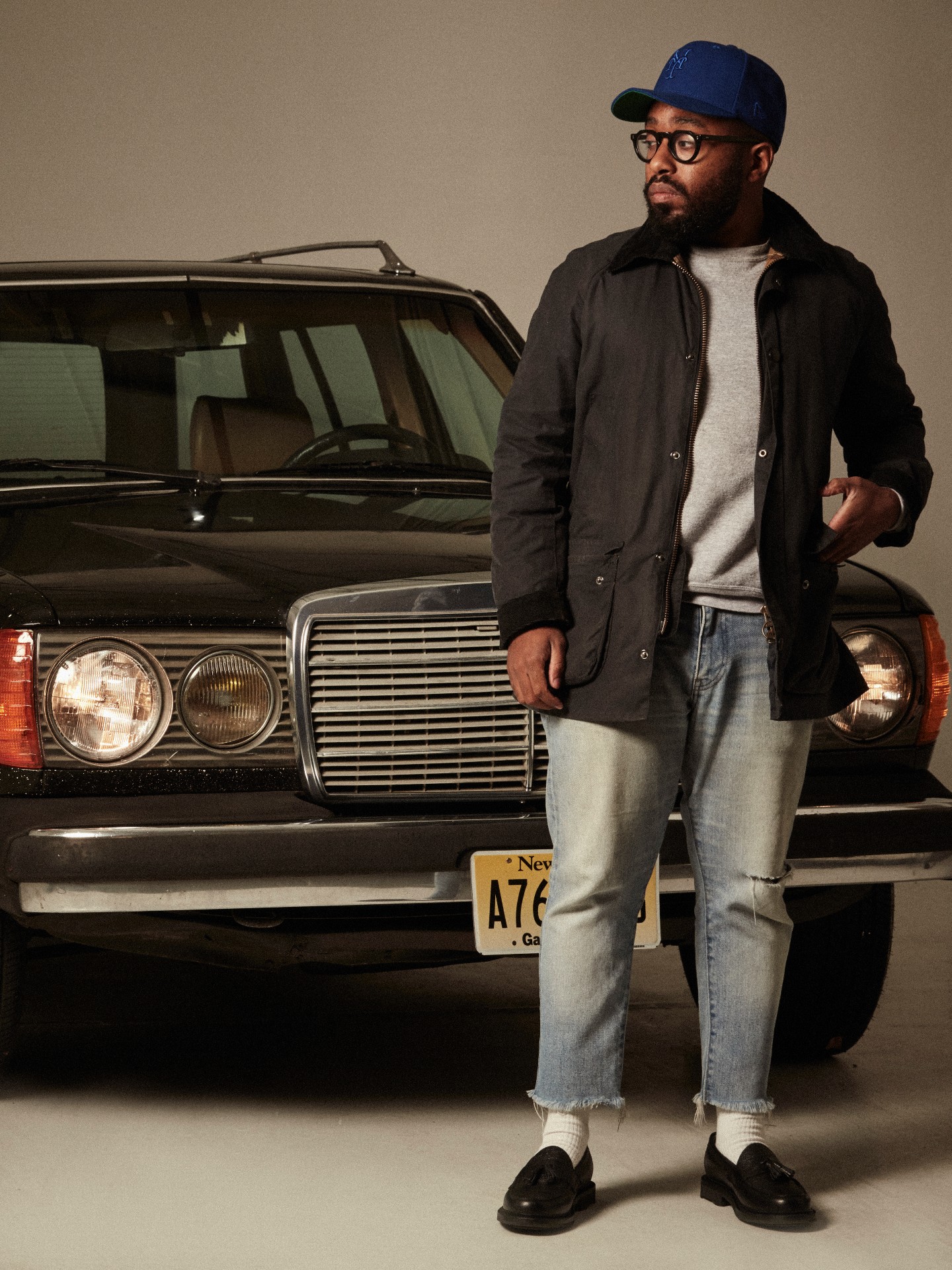
After working to launch a handful of other successful brands stateside, Echevarria decided this may in fact be something he could do himself, for his own brand. At the tail end of 2017 he founded Blackstock & Weber out of his Brooklyn apartment. “I had a bunch of contacts that had factories and such,” he tells InsideHook. “So I just started calling people and asking for favors.” Thumbing through his rolodex, he eventually found a factory in England that made shoes for Thom Browne and was able to offer him favorable terms.
He soon found himself with 500 pairs of shoes sitting in his small New York abode, hacked together a Shopify site himself and launched on Cyber Monday. Within three weeks he had sold through his stock.
After selling his way through a few more rounds of shoes, he found his way to Tech Stars, one of the top accelerator programs in the country. The program was in L.A., though, and his heart was in New York, so after living in The Golden State for a bit he headed back east, hired some of his previous colleagues and collaborators, and got to working on building out the current iteration of Blackstock & Weber — this time focusing on the timeless glory of the penny loafer.
“We’re shifting our focus to just be the loafer. That’s our favorite canvas right now and I think that’s a place where we can make the most difference,” Echevarria says. “Many brands and big brands are in the space across many different price points, but who is doing [just] loafers?”
It’s clear Echevarria has a passion for what he’s doing and a deep knowledge of the menswear space. But he also has a refreshing take on starting a company: he’s seemingly more concerned with making genuinely cool shit than the minutiae of squeezing out every last percentage point when thinking about ROI, ROAS, LTV or whatever other acronym growth-focused brands convince themselves they need to target to score an influx of VC cash. The direct-to-consumer treadmill just doesn’t seem to be part of his agenda anymore. “I’m giving less of a fuck about numbers and being the biggest shoe business. I want to make great product and tell a dope story. I want to be around forever, I don’t want to be a flash in the pan.”
Could a company like Blackstock & Weber churn out high volume? Sure — given their knowhow and connections, it’s not a stretch to assume that goal is feasible. But the approach is much more measured: high-quality, enduring wardrobe essentials, made in small quantities by the best craftsmen across the world.
Blackstock & Weber is currently situated at an interesting crossroads: a high-end menswear product with a startup vibe and a streetwear ethos (though Echevarria is adamant that comparisons to streetwear brands are only relevant in their small-batch, ad hoc drops). He insists that he wants to create a company where everybody who wants a pair of Blackstock & Webers can get them. They are going to be responsible and thrifty with their production numbers mostly in order to maintain superior quality, but he stressed to me many times that they are not going to be about starving the market, creating a self-imposed scarcity in order to drive up demand.
In past iterations, Blackstock & Weber has made countless silhouettes of footwear, from Chelsea boots to brogue oxfords. Echevarria’s interest in penny loafers lies in their extreme versatility. “You can wear them from the bodega to the boardroom,” he puts it in terms that any New Yorker can both relate to and appreciate. What he means is that the penny loafer’s ability to be dressed down with a pair of jeans or up with a three-piece suit is pretty much second to none, and embodies the biggest trend in the contemporary menswear landscape: a grand, liberal mixing of high and low fashion. Accessible but elevated.
To take things further, Blackstock & Weber, taking another page out of the streetwear playbook, plans on releasing countless collaborations. They recently released a loafer as part of a capsule collection by the NBA’s Philadelphia 76ers that sold out quickly, and they have a few more under-the-wraps partnerships lined up with legendary brands. The collabs will include both penny loafers and other products. “We’re going to focus on the loafer and continue to do collabs with other brands, other stores, other companies to surround the product with other things that we also believe in.” says Echevarria.
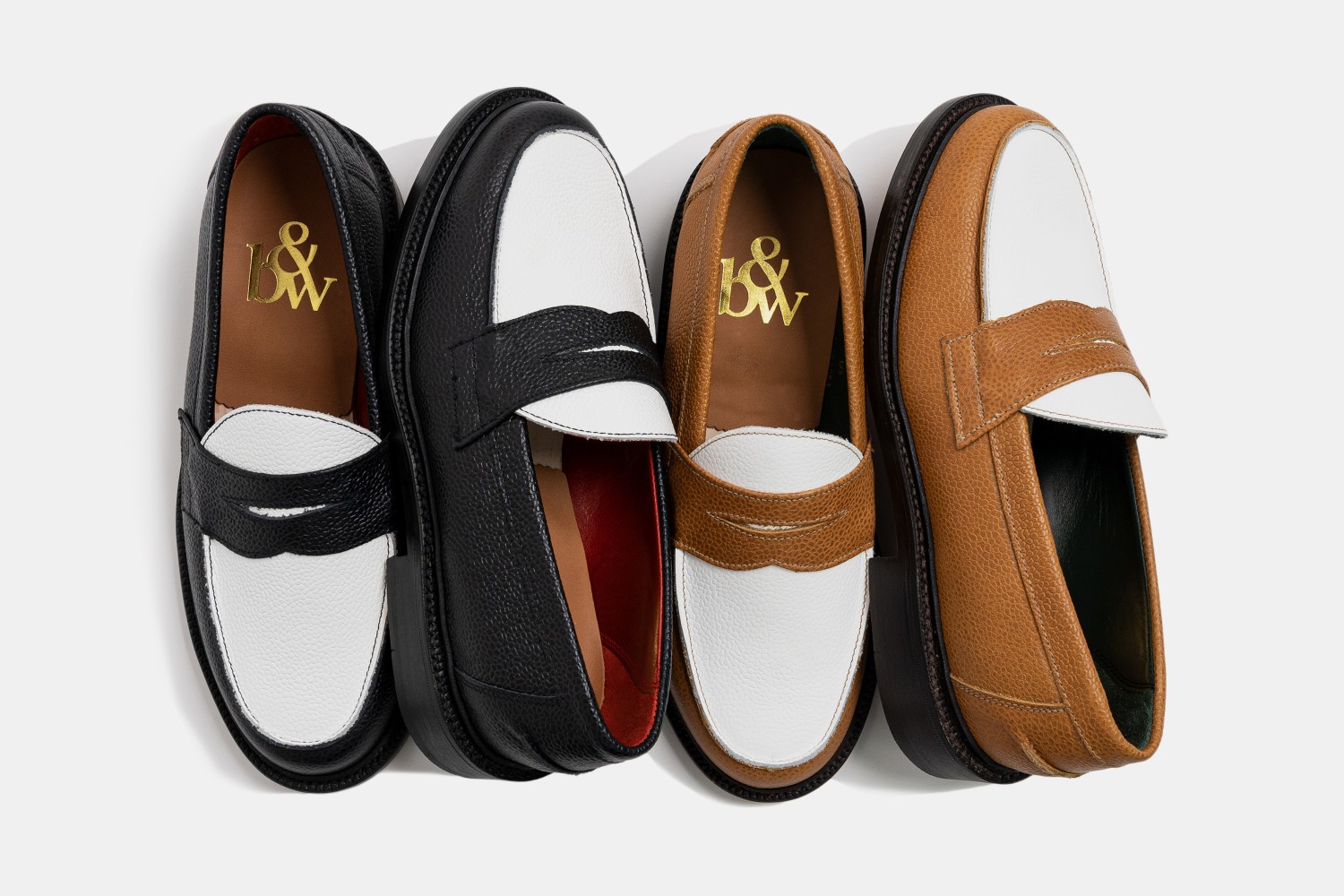
The latest collection, “Out The Trunk,” is an homage to the earliest days at Blackstock & Weber, when Echevarria was trying to get his footing — so to speak — by any means necessary, which meant trade shows and online sales, but also, quite frequently, hawking things out of the trunk of his car. Featuring a pair of two-toned pebbled-leather loafers (one black and white, one brown and white), the collection is meant to show that previously discussed versatility, with shoes that can be dressed up or down to fit the location and occasion.
Echevarria leaves me with one thought when I ask about his thoughts on the latest collection and where the brand is going: “It’s not about the shoes. They are just the product at the moment. It’s more about a lifestyle than anything, and this is only the beginning.”
Over the next few weeks, Blackstock & Weber will host loafer drops every Friday, with different styles released each week. Check them out here.
This article appeared in an InsideHook newsletter. Sign up for free to get more on travel, wellness, style, drinking, and culture.
